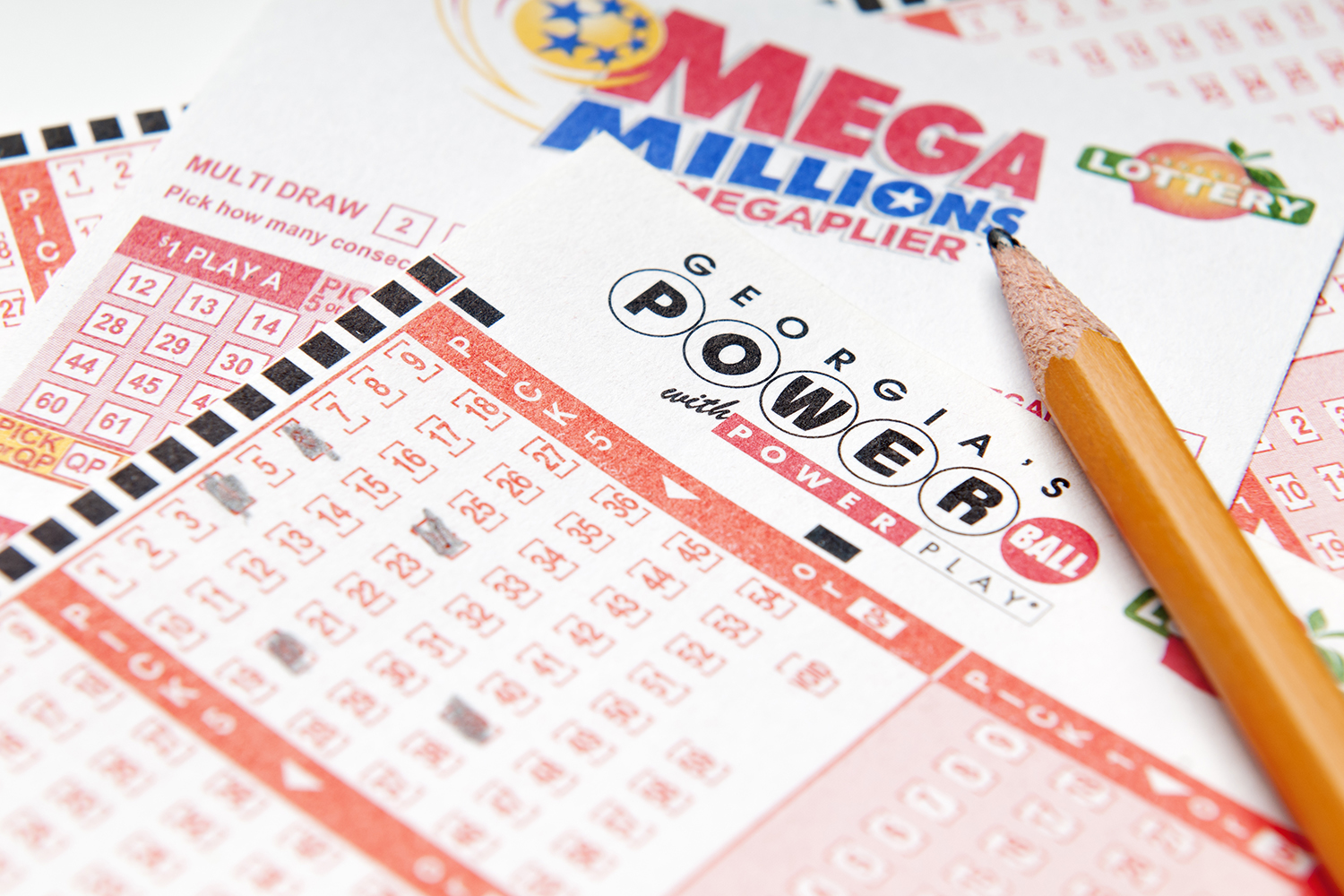In the vast expanse of opportunities where fortune and fate intersect, lottery tickets stand as beacons of hope for many, offering the slim chance of transforming dreams into reality with just a few chosen numbers.
The simple act of purchasing a lottery ticket, however, is governed by laws that vary significantly around the globe.
These laws are not arbitrary; they are designed with the dual purpose of allowing adults to engage in gambling as a form of entertainment while protecting young individuals from the potential hazards of early gambling exposure.
United States: A State-by-State Approach
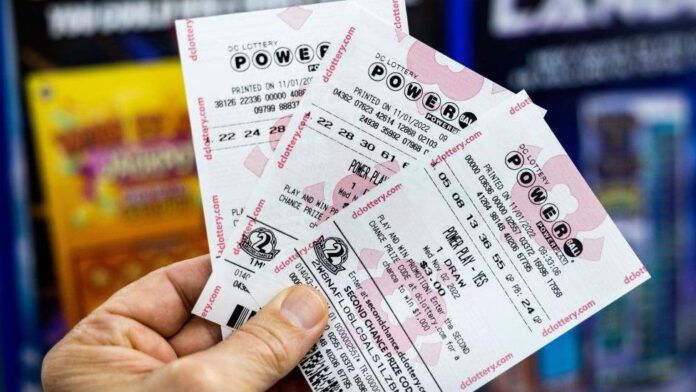
The legal age for purchasing lottery tickets in the United States showcases the country’s diversity in legislative thought and the autonomy of its states.
While the majority of states permit individuals aged 18 and over to participate in lottery games, there are notable exceptions where the law demands a higher level of maturity, setting the age limit at 21.
This includes states like Arizona, Iowa, Louisiana, and Nebraska, highlighting a cautious approach towards gambling among young adults.
The variance underscores the importance of familiarizing oneself with the local laws of each state, a task that requires diligence but is crucial for lawful engagement in lottery activities.
United Kingdom: The Shift to 18
In a significant legislative shift, the United Kingdom raised the minimum age for buying lottery tickets from 16 to 18 in April 2021.
This change was not made lightly; it was the culmination of growing concerns about the effects of gambling on young people and a concerted effort to align lottery participation with other forms of legal gambling, which already enforced an 18-year-old minimum.
This adjustment is part of a broader initiative to foster a culture of responsible gambling within the UK.
By restricting lottery sales to individuals 18 and older, the government aims to mitigate the risks associated with gambling addiction and ensure that young people are somewhat more mature and financially responsible before they decide to gamble.
This move reflects a societal commitment to protecting the well-being of its younger citizens, acknowledging the potential for harm that early exposure to gambling can cause and taking concrete steps to prevent it.
Canada: Provincial Preferences
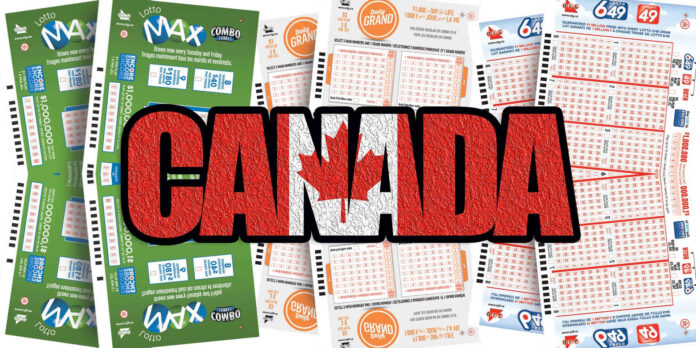
Reflecting the country’s respect for provincial autonomy, Canada’s approach to the legal age for lottery ticket purchases is as varied as its landscape.
The age limit of 18 in provinces like Alberta, Manitoba, and Quebec allows younger adults to partake in gambling activities, including lottery games, reflecting a belief in the ability of individuals at this age to make responsible decisions about gambling.
Conversely, provinces such as British Columbia, New Brunswick, Newfoundland and Labrador, Nova Scotia, Ontario, Prince Edward Island, and Saskatchewan have opted for a higher age limit of 19.
This discrepancy not only underscores the diverse societal values and concerns across Canada but also highlights the nuanced understanding of gambling’s impact on young adults.
Australia: Uniformity Down Under
Australia presents a contrasting picture of uniformity in its approach to the legal gambling age, with all states and territories agreeing on 18 as the threshold for buying lottery tickets.
This consensus simplifies the understanding and enforcement of gambling laws across the country, providing clarity and consistency for both consumers and operators.
The uniform age limit reflects a national agreement on the maturity required to engage in gambling responsibly and acknowledges the importance of protecting young Australians from the potential risks associated with early gambling activities.
By setting the legal age at 18, Australia aligns lottery participation with other adult responsibilities and rights, such as voting and consuming alcohol, reinforcing the societal view of 18 as the age of adulthood.
European Union: Varied Regulations Within Unity
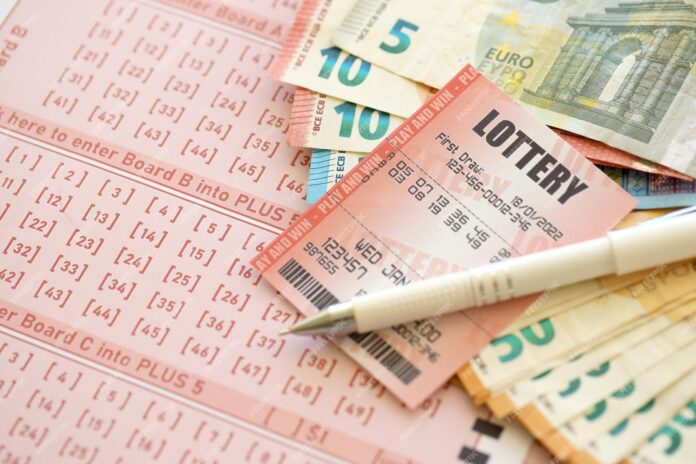
The European Union, with its rich tapestry of cultures and legal systems, showcases a wide range of age restrictions for lottery ticket purchases among its member states.
Unlike the uniformity seen in Australia, the EU presents a mosaic of regulations, with ages ranging from 16 in countries like Belgium to 18 in most other member states.
This variation is reflective of each country’s unique approach to gambling, balancing cultural traditions and social welfare concerns.
The EU’s principle of subsidiarity allows member states to tailor their gambling laws to local values, resulting in a diverse legal landscape.
For lottery enthusiasts traveling or living within the EU, this diversity underscores the need to be well-informed about local gambling laws, ensuring compliance and responsible engagement in lottery activities across Europe.
Online Lottery Platforms: Bridging the Age Gap with Technology
The digital age has transformed the lottery experience with outlets such as Situs Togel Terpercaya, making it more accessible than ever through online platforms. However, this ease of access brings with it the challenge of ensuring that age restrictions are adhered to in the virtual realm.
Online lottery providers employ advanced verification processes to confirm the age of participants, utilizing technology to bridge the gap between accessibility and responsibility.
These platforms must navigate the complex web of global regulations, adapting their verification processes to comply with the legal requirements of each jurisdiction they operate in.
The Impact of Age Restrictions on Responsible Gambling

Age restrictions on lottery ticket purchases are not arbitrary barriers but crucial tools in promoting responsible gambling. By setting a legal minimum age, authorities aim to ensure that individuals who participate in lottery games have the maturity and financial independence to make informed decisions about gambling.
These regulations are part of broader efforts to mitigate the risks associated with gambling, including addiction and financial hardship. Educational initiatives and public awareness campaigns complement legal age restrictions, aiming to foster a culture of responsible gambling.
Enforcement and Compliance: Upholding Age Restrictions
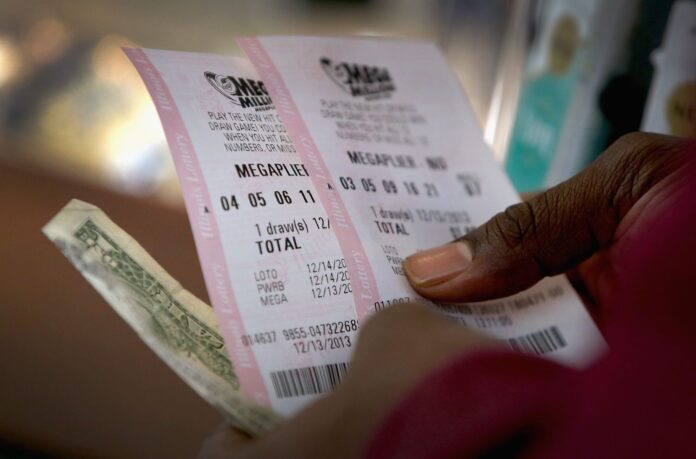
The effectiveness of age restrictions relies heavily on robust enforcement and compliance mechanisms. Retailers and online platforms play a critical role in verifying the age of lottery ticket purchasers, with strict penalties in place for those who fail to comply with the laws.
These penalties can range from fines to the revocation of licenses, serving as a deterrent against the sale of lottery tickets to underage individuals.
Governments and regulatory bodies conduct regular audits and inspections to ensure compliance, while also engaging in public education efforts to raise awareness about the importance of adhering to age restrictions.
Looking Forward: The Future of Lottery Age Restrictions
As we look to the future, the landscape of lottery age restrictions may continue to evolve, reflecting changes in societal attitudes, technological advancements, and the ongoing pursuit of responsible gambling practices.
Ongoing research into the effects of gambling on different age groups could lead to further adjustments in legal age limits, ensuring that regulations remain aligned with the latest evidence on promoting gambling welfare.

